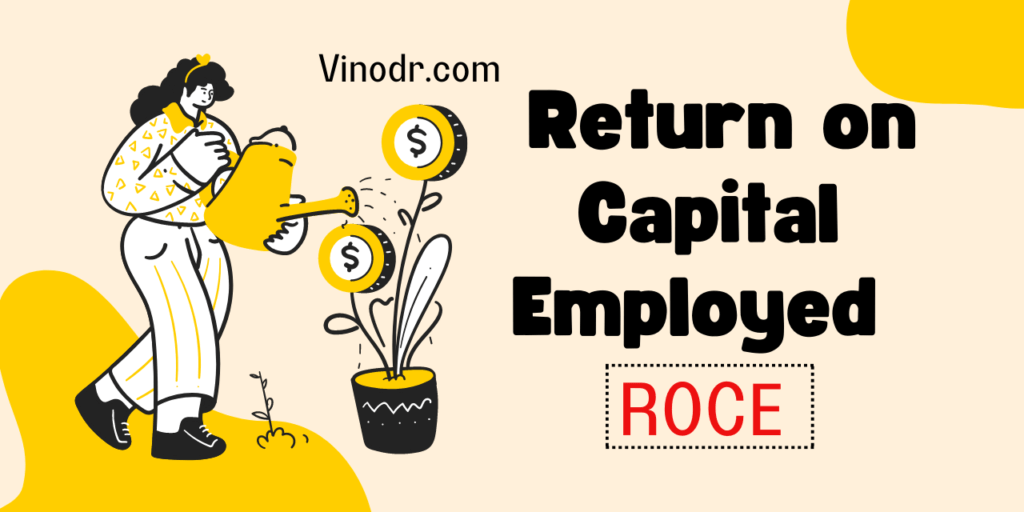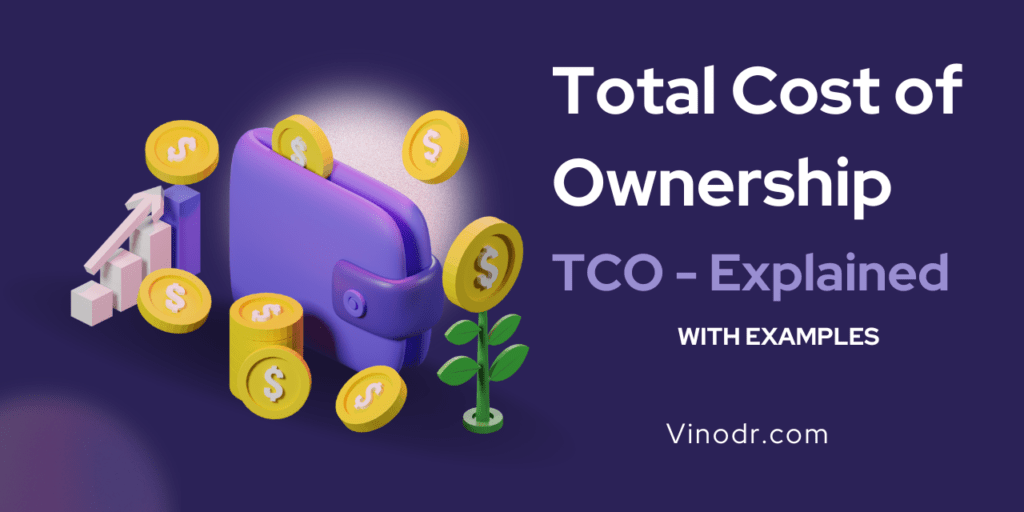Credit Card's Do you need one?
Mastering Credit Card Usage: Best Practices for Responsible Spending
Is Credit Card a necessity?
Credit cards are not a necessity for us if the question has to be answered in black and white. They can be a useful tool for managing finances and making purchases. Credit cards allow us to make purchases without having to carry cash or write checks, and they can provide additional benefits such as rewards programs, cash back, and fraud protection.
Credit cards can also be a source of debt if not used responsibly. High-interest rates and fees can add up quickly, and carrying a balance from month to month can lead to long-term financial problems for us.
Credit cards are a necessity or not depending on our circumstances and financial goals. For some of us, credit cards may be an important tool for building credit or earning rewards. For others, they may not be necessary or may even be detrimental to their financial health. So, it’s important to consider the pros and cons of credit card use and to make informed decisions about how to manage our bank balance.
How does a Credit Card Work?
Credit cards are a type of financial tool that allows us to make purchases and borrow money from a credit card issuer usually the bank that issues the card. Let’s see how they work.
Application: First, we have to apply for a credit card by filling out an application with a bank, or other financial institution. The application will typically ask for personal information, such as name, address, and income. Your PAN number and Adhaar details are also required.
Approval: After applying, the bank will review our credit history (if you have one), income, and other factors to determine if we are eligible for a credit card. If approved, they will assign a credit limit, which is the maximum amount we can borrow or use.
Using the card: Once approved, we can use the credit card to make purchases at merchants that accept the card. When making a purchase, we present the card and the merchant processes the transaction through a payment processor. We can spend to the maximum credit limit the card has. For example, if you got a credit card with a credit limit of Rs.50,000 you can spend till Rs.50,000 as credit.
Billing cycle: The bank will send a bill each month that lists the purchases made during the billing cycle, the minimum payment due, and the due date. If we pay the full balance by the due date, they will not be charged any interest. If they carry a balance, interest will be charged on the unpaid amount. We will be using free money from the bank for roughly 50+ days for each billing cycle. For example, if your billing date is June 1, and you made a big purchase on June 2, you will roughly get a free credit period of 50+ days.
Fees: Credit cards can have a variety of fees and charges, such as annual fees, late payment fees, cash advance fees, and balance transfer fees. It is important to read the terms and conditions carefully to understand the fees and charges associated with a credit card.
Credit score: Credit card use can impact our credit score. Consistently making payments on time and keeping balances low can help improve a credit score, while missing payments or carrying high balances can hurt our credit score. Your PAN number is connected with your Credit Card and your repayment, late fees are all impacted on your PAN and thereby to your credit score, we should remember that keeping a good credit score is very important for our financial life as it will affect our financial future.
Why are you afraid of credit cards?
Credit cards can be a powerful financial tool when used responsibly, but they can also be a source of stress and financial difficulty if not managed carefully. It is important to understand the risks and benefits of credit cards and to use them responsibly to avoid problems.
Debt: One of the main reasons we are afraid of credit cards is the potential for debt. Credit card balances can accumulate quickly, and high-interest rates can make it difficult for us to pay off balances. This can lead to financial stress and difficulty making ends meet.
Fees: Credit cards can come with a variety of fees, such as annual fees, late payment fees, and balance transfer fees. These fees can add up and make it more difficult to manage finances.
Identity theft and fraud: Credit card information can be stolen by hackers or scammers, which can lead to fraudulent charges and damage to credit scores.
Lack of financial literacy: Many of us may be afraid of credit cards because we do not fully understand how they work or how to use them responsibly. This can lead to mistakes and financial problems.
Previous negative experiences: Some of us may have had negative experiences with credit cards, such as accruing high levels of debt or being denied credit due to a low credit score.
Do credit cards make us spend more?
Credit cards make it easier to spend money and may sometimes lead us to spend more than we would if we were using cash. This is because credit cards separate the act of spending from the actual payment, which can create a sense of detachment from the consequences of spending. If you have a habit of impulse buying or instant gratification then you have more freedom to spend more than you intended.
Credit cards will encourage us to make purchases that we may not be able to afford in the short term, this can lead to carrying balances and paying high-interest charges. The rewards programs and benefits offered by credit cards can also incentivize spending, as we may be tempted to make more purchases to earn rewards and take advantage of benefits.
Credit cards are a useful financial tool, but it is important to use them responsibly and avoid overspending.
Types of Credit Cards
I have noted some general categories here, there are other types of also which are not included in this list.
Rewards credit cards: These credit cards offer rewards programs that allow cardholders to earn points, miles, or cash back for making purchases. Rewards can be redeemed for travel, merchandise, statement credits, or other benefits.
Balance transfer credit cards: These credit cards allow us to transfer high-interest debt from one or more credit cards to a single card with a lower interest rate. This can make it easier to pay off debt and save money on interest charges.
Cashback credit cards: These credit cards offer us cash back on purchases made with the card, typically ranging from 1% to 5% cashback. Some cashback cards may offer higher cashback rates for specific categories, such as gas or groceries. Amazon and Flipkart have these types of Credit Cards.
Secured credit cards: These credit cards require a security deposit, which serves as collateral for the credit line. Secured credit cards are typically used by individuals with no credit or poor credit history, and can help them build or rebuild their credit.
Travel credit cards: These credit cards offer rewards and benefits specifically designed for travelers, such as travel points, airport lounge access, and travel insurance.
Business credit cards: These credit cards are designed for business owners and offer rewards and benefits tailored to business expenses, such as office supplies, advertising, and travel.
Student credit cards: These credit cards are designed for students and typically have lower credit limits and fewer rewards than other types of credit cards. They can be a good way for students to start building credit.
It is very important to do our research on the different types of credit cards and choose one that meets our needs and financial goals.
Best Practices for Responsible Spending
Make a budget: Before using a credit card, we should create a budget that includes all necessary expenses and sets limits on discretionary spending. Stick to the budget to avoid overspending and accumulating debt.
Pay on time: Make payments on time to avoid late fees and negative impacts on our credit scores. Consider setting up automatic payments or reminders to ensure timely payments.
Pay in full: Pay off the full balance each month to avoid accruing interest charges. Carrying a balance will incur high-interest charges and make it more difficult to pay off debt. Always remember to pay the total outstanding balance fully, if you are not able to do that, make sure you pay the minimum amount. Do not make it a habit of not paying anything at all.
Keep credit utilization low: Try to keep credit card balances below 30% of the credit limit to avoid negatively impacting credit scores. High credit utilization can indicate high levels of debt and may make it more difficult to obtain credit in the future. For example, if we have Rs.1,00,000/ limit make sure that you spend between Rs30,000 to Rs40,000. Even though you can spend till Rs. 1,00,000/. if your spending is on the higher side and not paying up, it will be affecting your credit score.
Monitor credit card statements: Regularly review credit card statements to ensure that all charges are accurate and there are no fraudulent charges. Report any errors or fraudulent activity to the bank immediately.
Choose the right credit card: Choose a credit card with a low-interest rate, no annual fee, and rewards or benefits that align with your personal spending habits and financial goals.
Use credit cards for emergencies or planned expenses: Use our credit cards for emergencies or planned expenses that fit within our budget. Avoid using credit cards for impulse purchases or unnecessary expenses.
By following these best practices, we can use credit cards responsibly and avoid accumulating debt or negatively impacting our credit scores.



